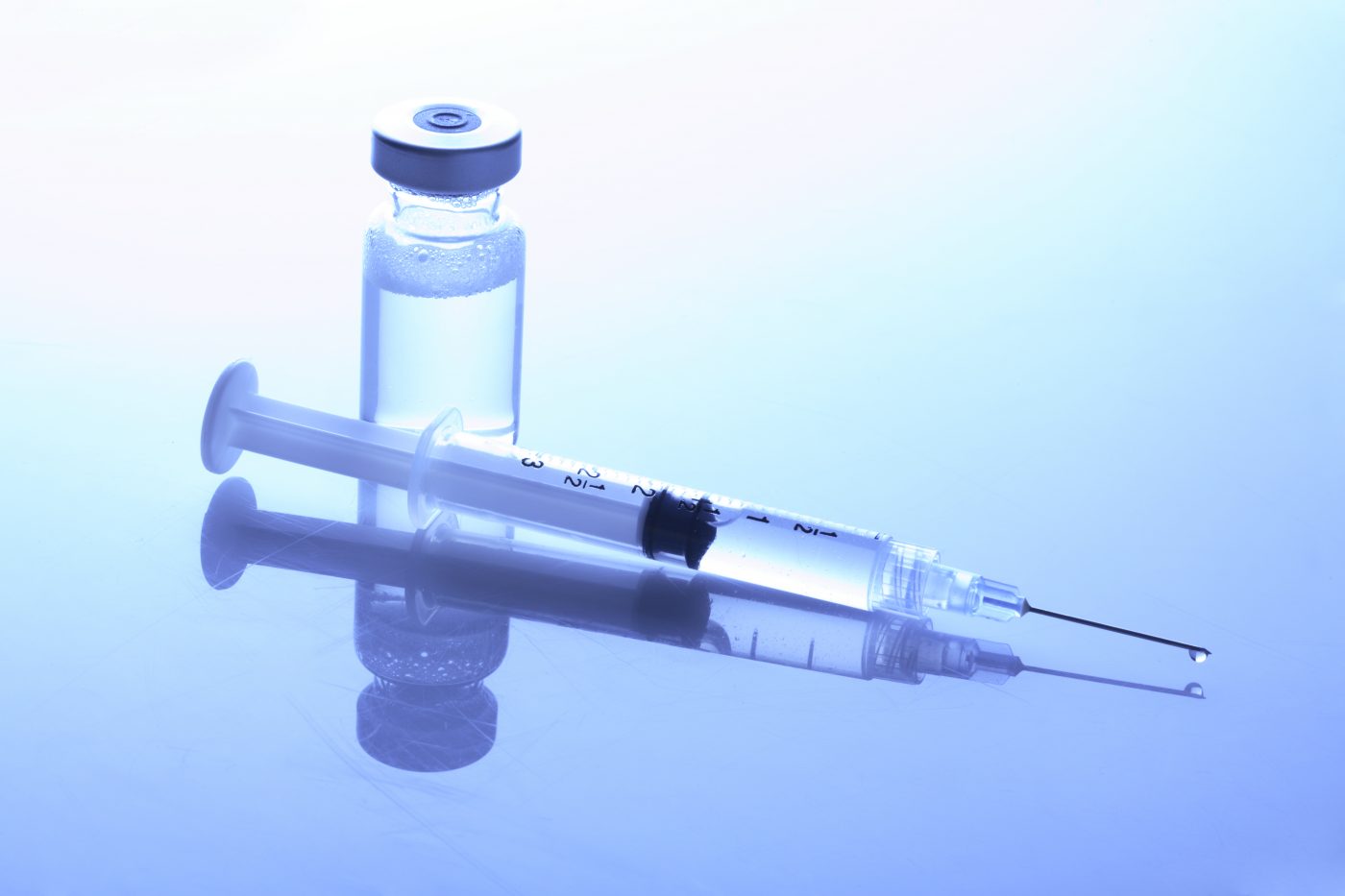Neovacs Ready to Launch IFN-K-002 Clinical Trial for Systemic Lupus Erythematosus After Receiving First Batch of EU Approvals
Written by |

NEOVACS, a leading biotechnology company focused on an active immunotherapy technology platform (Kinoids) with applications in autoimmune and/or inflammatory diseases, announced it has been granted initial approvals by regulatory agencies and ethics committees in several countries in the European Union for a Phase IIb clinical study of investigational IFNα-Kinoid for patients with Systemic Lupus Erythematosus (SLE) or lupus.
The Phase IIb trial received favorable reviews according to the Voluntary Harmonization Procedure (VHP) of Europe’s Heads of Medicine Agencies, which allows for a coordinated assessment of clinical trials by relevant national health authorities. This gives Neovacs the go signal to launch IFN-K-002, designed to evaluate the biological and clinical efficacy of lead investigational product IFNα-Kinoid for SLE.
Neovacs expects to enrol the first batch of lupus patients over the next few weeks. The company is also awaiting initial approvals from other territories in Europe, Asia, and Latin America, which are expected within the second half of 2015.
About IFN-K-002
IFN-K-002 is a double-blind, randomized, placebo-controlled multicentric Phase IIb clinical trial designed to assess the efficacy and safety of IFNα-Kinoid in moderate to severe lupus patients. The study aims to enrol 166 patients from 19 countries in Europe, Asia and Latin America.
The co-primary endpoints for the trial are biological efficacy and clinical efficacy nine months after first administration of IFNα-Kinoid. Biological efficacy is defined as IFNα-signature neutralization, while clinical efficacy will be measured by the BILAG-based Composite Lupus Assessment (BICLA) response.
Regulatory and ethics committee approvals pave the way for a rapid initiation of the study IFN-K-002. These centers will begin screening and immunizing patients in the coming weeks. Results of the clinical trial are expected in the first quarter of 2017.
About SLE
Systemic lupus erythematosus (SLE) is an autoimmune disease and the most common type of lupus. Despite presenting a heterogeneous clinical and immunologic profile, the common underlying triggering factor across patients is the hyperactivity of B cells – key cells of the immune system responsible for producing antibodies, that when mistakenly attack the body’s own cells lead to SLE development. Therefore, targeting B cells is considered a major therapeutic intervention against SLE.




